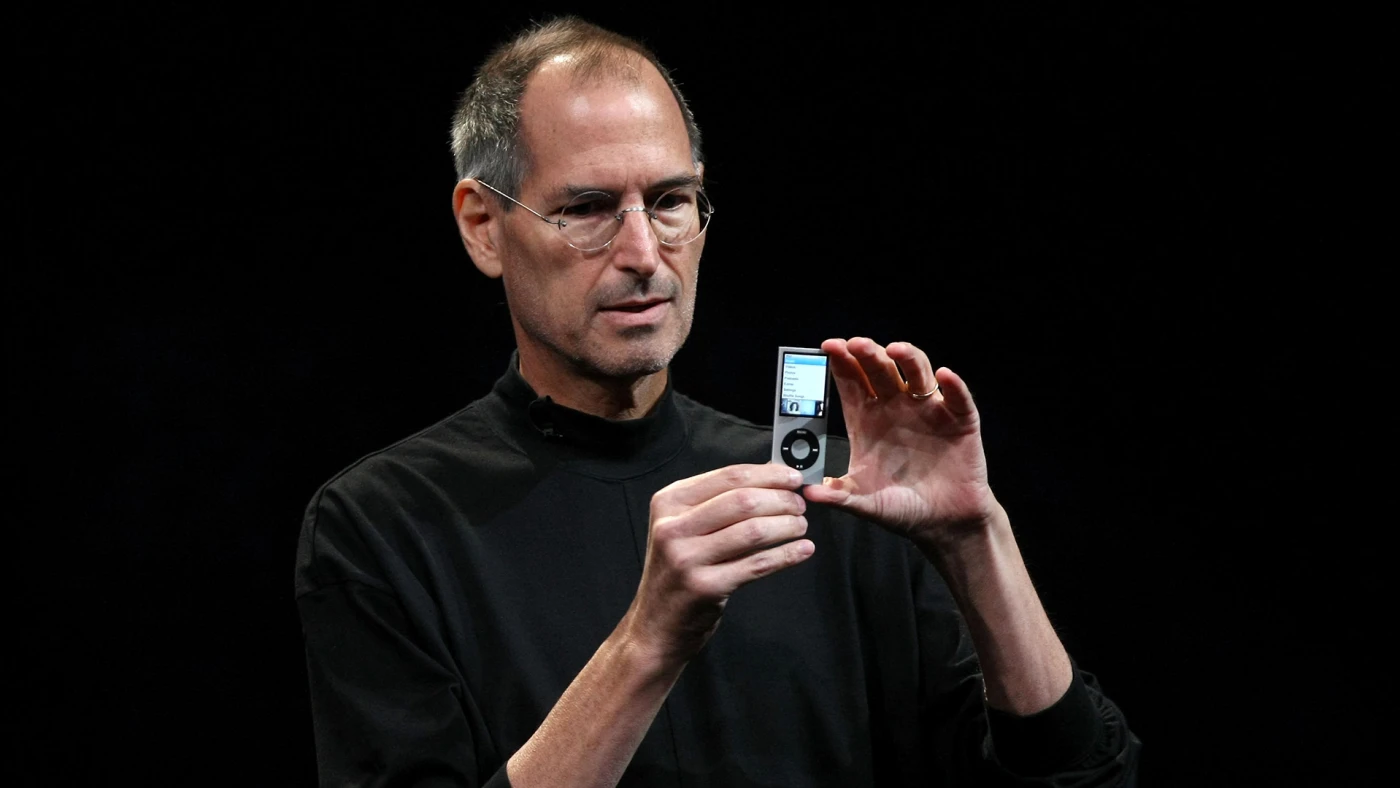Apple has ended its 20-year run with the iPod, a portable music player that arguably revolutionised the music business when it was introduced in October 2001. The iPod has come in a variety of forms and sizes over the last two decades, starting with the pocket-sized iPod classic with a click wheel and ending with the iPod touch, which Apple says will be available till supplies last.

Apple’s first objective with the iPod was to produce a device that would encourage consumers to buy more Macintosh computers. It was Apple’s first personal device released outside of its Macintosh ecosystem, and it was the first step in the Cupertino, California-based company’s journey to release a slew of personal communication devices over the years that would eventually catapult Apple into the world’s most valuable company.
The iPod became a product that brought many people to the Apple ecosystem since it was an affordable portable device that came in a variety of colours and models.
After the iPod original, which was distinguished by its polished steel frame and characteristic click wheel, Apple released the iPod Mini, which was followed by the iPod Nano.
The iPod shuffle was the first iPod model without a screen, and it was released in 2005. It was an entry-level gadget that utilised flash memory.
The iPod Touch was released in September 2007, just months after Apple debuted the first iPhone. It was a multi-touch device with WiFi, Safari Browser, YouTube, and other features. The iPod Touch is presently being sold in its seventh iteration.
On the hardware side, the iPod’s path was similar, but on the music side, the gadget helped make music portable in a way that was distinct from the portable cassette players of the time. For its time, the ability to purchase and download songs for 99 cents and save them on a pocket-sized gadget was considered cutting-edge.
The iPhone, which was born in the aftermath of the iPod, had a significant influence in the ultimate extinction of portable music players. The iPod was vulnerable to the declining utility principle due to the rising functionality of smartphones.
Furthermore, the introduction of fast, low-cost internet, as well as music streaming services such as Spotify, iTunes, Prime Music, and others, significantly reduced iPod usage.
Apple has sold an estimated 450 million iPod gadgets across models since its inception, although sales have recently slowed.
According to the Wall Street Journal, Apple hasn’t segregated iPod sales for years, although unit sales plummeted by around 24% in fiscal 2014 compared to the previous fiscal year. In 2015, the firm ceased disclosing iPod sales.
According to The New York Times, Apple sold an estimated 3 million iPods last year, compared to 250 million iPhones, according to figures from Loup Ventures, a venture capital firm specialising in tech analysis.
Apple Music, which will be available on a variety of devices, will continue to provide music streaming services.
“Today, the spirit of iPod continues on,” Apple’s senior vice president of worldwide marketing Greg Joswiak said in a statement. From the iPhone to the Apple Watch to the HomePod mini, and across Mac, iPad, and Apple TV, we’ve built a great music experience into all of our devices.”

